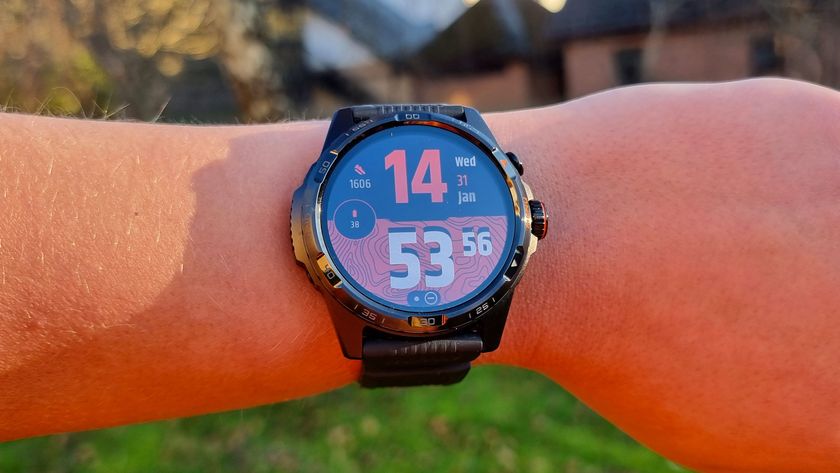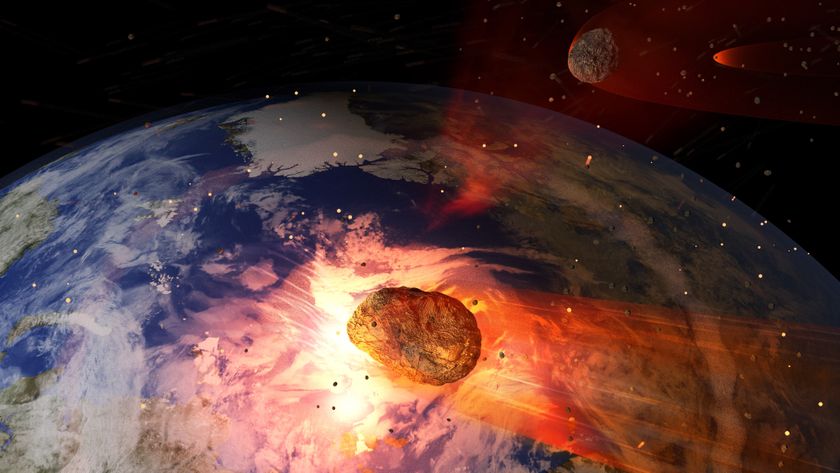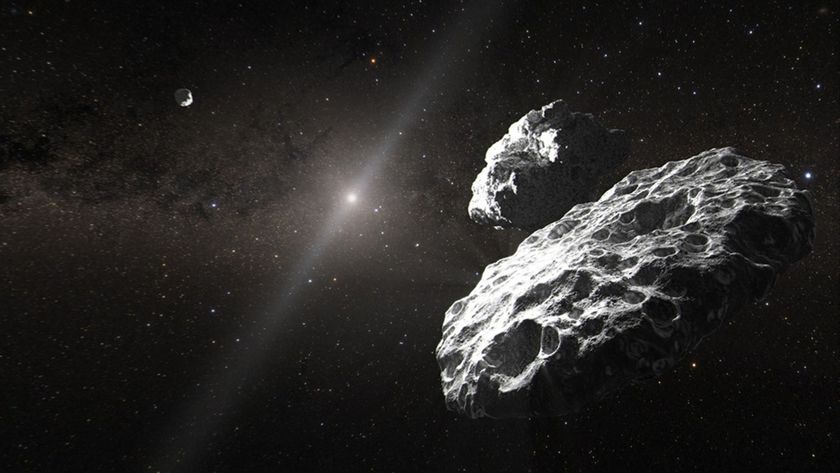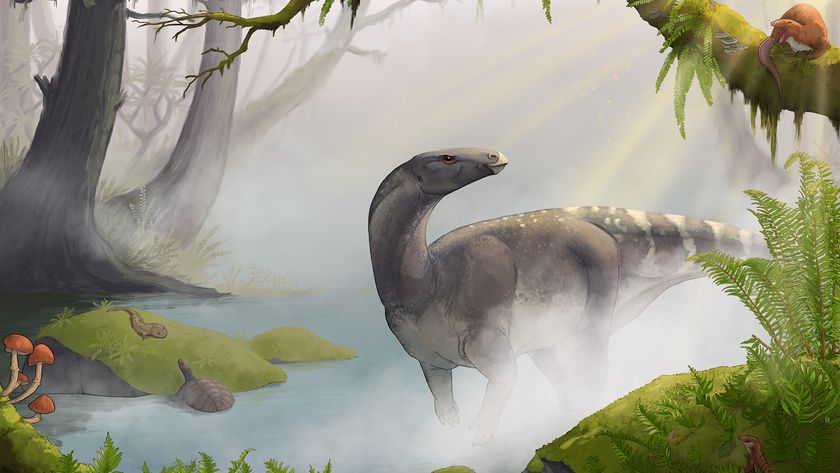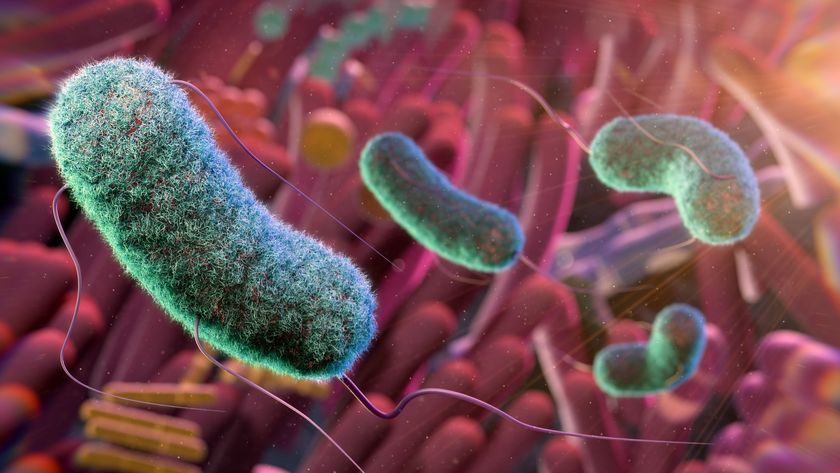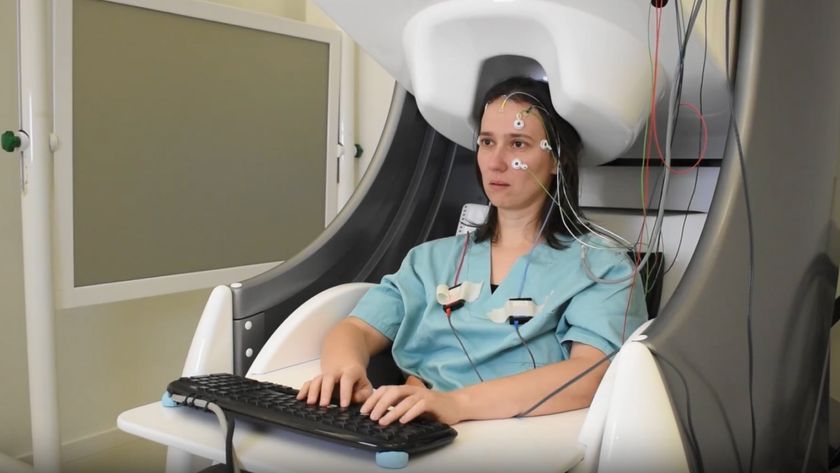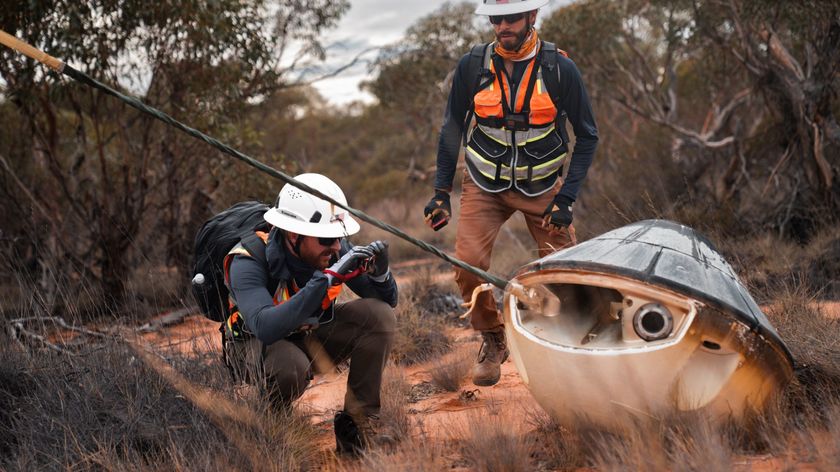
What Science Communicators Can Learn from Listening to People (Op-Ed)
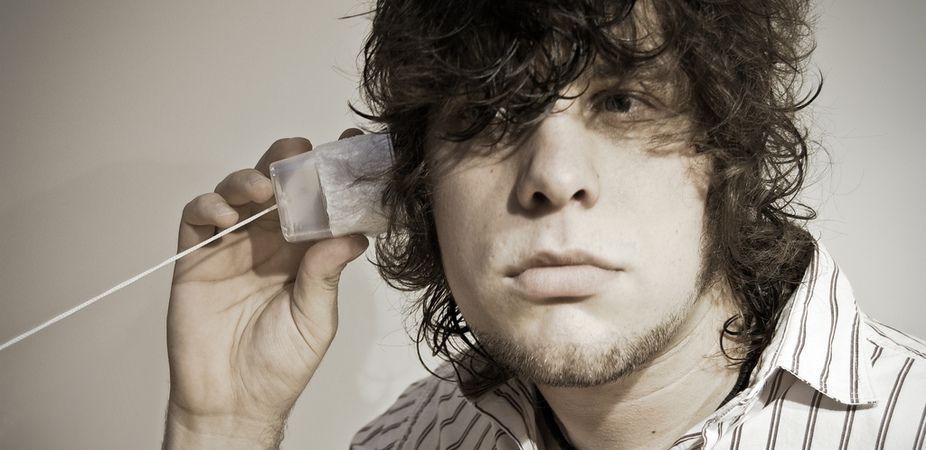
This article was originally published at The Conversation. The publication contributed the article to Live Science's Expert Voices: Op-Ed & Insights.
No matter how strong the scientific argument and consensus among scientists there will always be people who reject the evidence. It happens on so many scientific topics, from climate change and vaccination to nuclear power and renewable energy.
You only have to look at some of the comment threads on online articles: where scientists might agree with one position, it seems the majority of comment thread ‘scientists’ will stridently beg to differ. Well-established science is taken by many as just one of a range of possible viewpoints, no matter how credible – or incredible - those other viewpoints may be.
We’ve written about this on The Conversation before. We noted then the countless articles on the significant social divides on key complex scientific issues.
There’s decades of research pointing to the causes of and potential solutions to this divide. But that information has not sufficiently wormed its way into scientific thinking and communication processes.
What about the facts?
Though we have many talented and skilled science communicators around Australia, too often we treat communication as the final point of the scientific process. We think that the facts will speak for themselves.
But as our ANU colleague Rod Lamberts noted recently on The Conversation:
Sign up for the Live Science daily newsletter now
Get the world’s most fascinating discoveries delivered straight to your inbox.
[…] the “more facts” solution is not a solution at all. We have enough facts and none of them are good. Yet here we are […] watching the “bad guys” win.
The fact is people don’t act on facts – but we science communication researchers shouldn’t also delude ourselves into thinking this particular fact will somehow be different. We need to do better.
Two years ago, we commenced a climate communication project where we took leading climate researchers through rural and regional Australia, to listen to the concerns, opinions and questions of Australia’s rural and regional communities.
We encountered communities eager to hear and discuss – and plan for – their climate futures. In other places we encountered communities that didn’t want a bar of it; communities who saw us and our scientists as an intrusion. Their concerns weren’t with the climate projections, but with everything we stood for.
We didn’t heal any big divides - but this reception did point us towards new ways of thinking.
So we hit the campaign trail to crowdfund the making of a documentary on the communication of complex science. We wanted to bring some of the critical lessons of these decades of research on the communication of science to the scientists who might best be able to reframe the debate.
The end result is our documentary Up Stream, available now in four episodes for free and online.
A complex problem
Chapter 1: A Complex Problem.
Does the denial of climate change find an echo in the rejection of vaccination? Does the belief in wind turbine syndrome find a parallel in homoeopathy?
These are, of course, vastly different issues. Many of those who agree with one of the positions noted above will be horrified to find themselves included in the same sentence with another group they might abhor. (Hello online commenters!)
Yet there is, we believe, a common thread, a common cynical connection in rejecting – even denying – well established evidence.
On each of the issues we’ve mentioned there exists a considerable body of evidence – yet they’ve seen rejection, denial and dangerously waning societal acceptance. This is the problem we wish to address.
Complex causes
Chapter 2: Complex Causes.
Why are people ignoring, or at worst rejecting well established science? In this chapter we present a snapshot of the factors, influences and causes of why scientific issues find themselves dragged into public fights.
We touch on ideas such as the inherent complexity of contemporary scientific problems, predispositions and peer influence on beliefs, the changing media landscape and the campaigns of strategic misinformation by vested interests.
Looking back
Chapter 3: Looking Back.
In making this documentary we’ve been driven by a singular ironic fact – that the facts alone will not bring about a change in attitude and behaviour. Yet those of us looking at the relationship between science and society still need to do more to communicate this fact.
We still see scientists who desperately want key policy and behavioural changes hoping that clearly stating the facts will win the day.
In this chapter we draw out how the lessons of the past few decades of science communication practice and research have shown this fallacy for what it is.
Looking forward
Chapter 4: Looking Forward.
There is – as we mentioned before – a huge volume of research on the interaction of science and politics, on how we actually make decisions, and what we might do about the problems associated with the denial of science. It can’t all be squeezed into a seven minute video.
In the final chapter we’ve not sought to provide definitive solutions or ways to get the science across to those who might dispute the scientific picture. Instead, we’ve sought to provide pointers to new ways working scientists might think about the communication of their science.
Are we listening yet?
It’s clear we need to do better.
We hope that by building greater cooperation between the social and physical sciences, between communicators and those planning their next decades of research, we can start to turn the tide on the rejection of science. We hope this documentary becomes a stepping stone in the right direction.
As Yale University’s law and psychology professor Dan Kahan says in the documentary:
[…] our liberal democratic societies need to create professionals and create processes for communication that assure that that tremendous asset we have, our knowledge, isn’t wasted.
Agreed? If so, please pass this on to your friends.
Will J Grant owns shares in a science communication consultancy. He received funding from the then Department of Innovation for research mentioned in this article. The film discussed in this article was largely funded by a Pozible crowdfunding campaign, the full details of which can be seen at http://www.pozible.com/project/7129.
Luke Menzies received funding from from The Department of Innovation, Industry, Science and Research Science Connections Program (SCOPE).
This article was originally published on The Conversation. Read the original article. Follow all of the Expert Voices issues and debates — and become part of the discussion — on Facebook, Twitter and Google +. The views expressed are those of the author and do not necessarily reflect the views of the publisher. This version of the article was originally published on Live Science.


